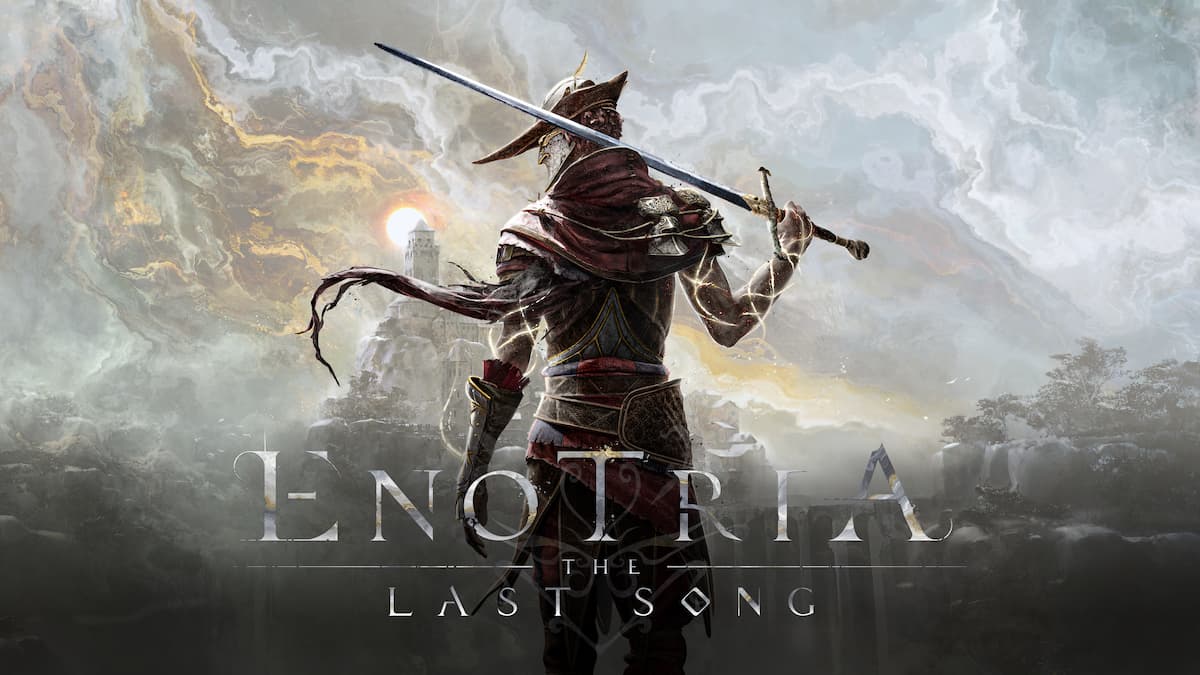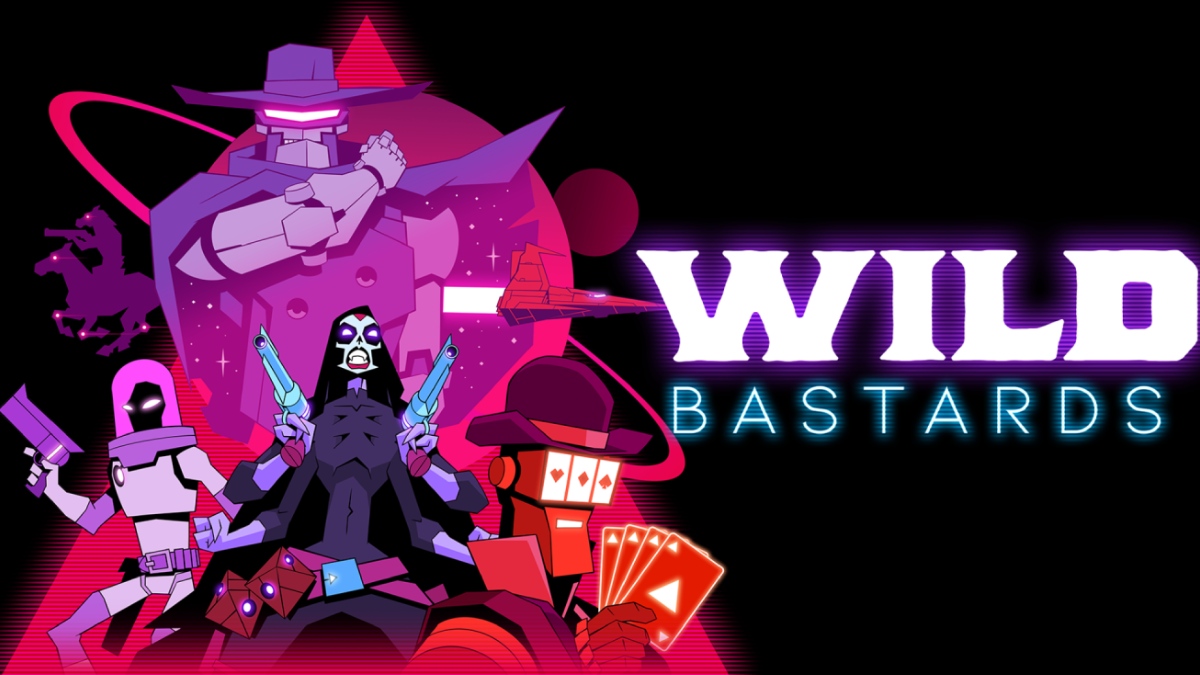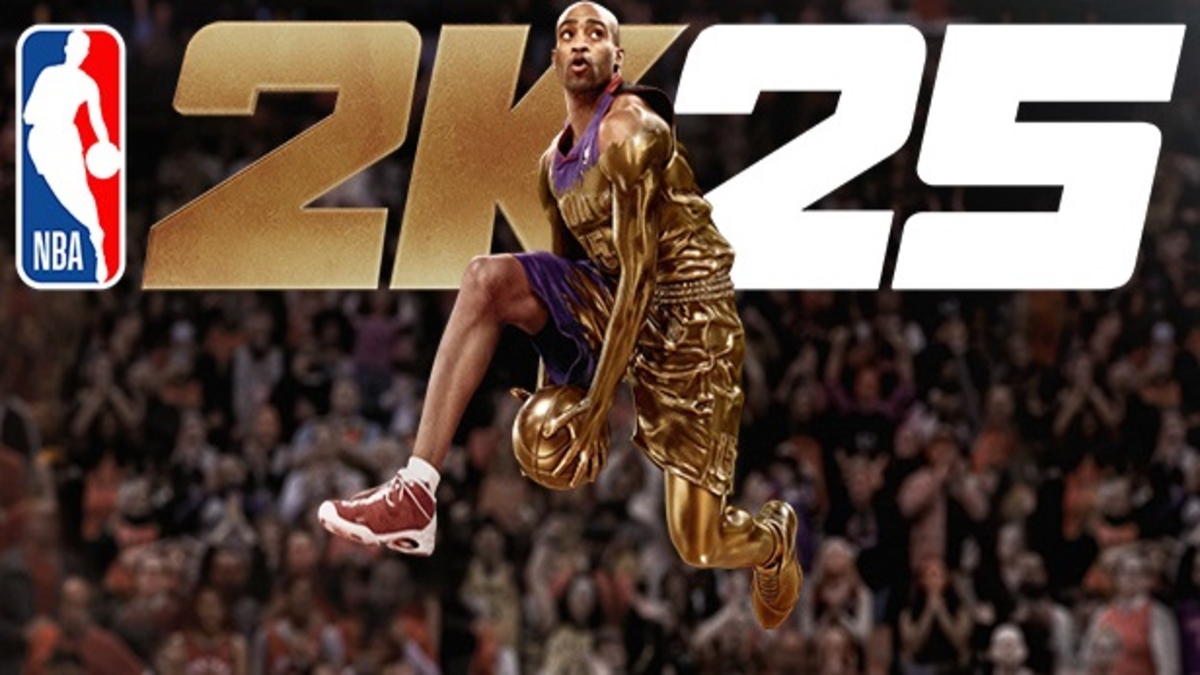Ever since its release back in June of 2000, I have been playing The Legend Of Dragoon on a yearly basis. I find myself always starting a new game around spring time and play well into the dog days of summer. For 14 years this game has captured my imagination, fueled my childhood, and has inspired me to create stories as epic as the one The Legend of Dragoon tells.
Over the years it has earned a massive cult following, and with its recent release on the PSN, it’s only a matter of time before this game gets an even bigger following. Every one I have talked to about The Legend of Dragoon either does not know about it, or shares the same deep admiration and love for it as I do.

So what exactly is The Legend Of Dragoon?
Some might say that The Legend of Dragoon is a Final Fantasy clone, or a stereotypical JRPG. But to pigeon-hole the game, or any game for that matter is stripping away the flare, the spirit–no, the soul of what makes this game so amazing. Although it can very well fit under the broad umbrella of a role-playing game, The Legend Of Dragoon is so much more: an experience. A fandom. A following. You can go almost anywhere in the United States and you’ll find those who are a fan of the game; They have a certain look to them. The look that some one has after they have experienced a life-changing event.
The Story
You play as a young warrior in red armor named Dart, who is returning to his home after a 5 year-long journey. He is then attacked by a gigantic green dragon, and flees for his very life. The dragon corners him and is about to strike him down when a passing warrior named Rose saves him. Dart then rushes off to his home town, which is now completely destroyed. A survivor tells Dart of his childhood sweetheart being captured and taken away to Hellena Prison, the most vile prison in the world.
From there Dart travels to Hellena Prison in a near-suicidal attempt to rescue Shana. After sneaking into the prison, Dart then finds a knight of King Albert’s army. The knight is none other than Lavitz, who breaks out of his cell and teams up with Dart. Together they successfully rescue Shana and flee from Hellena Prison.
There is a lot more to the story, and I mean A LOT more. The first time I beat the game it took me 60 hours of gameplay. What starts off as a simple journey to rescue a loved one, quickly turns into a journey to save a country and stop a war. From there it grows even larger to a legend 11,000 years in the making. By the fourth disc the story has transformed into a truly epic saga that will see Dart and his friends defy the very will of a God and save the world from annihilation.
The Gameplay
The combat system in The Legend Of Dragoon is very unique, so much in fact that I have yet to see it be replicated. The combat in the game is a precursor to todays quick time event, the system allows you to hit your opponent more than once by pressing X at the right time. Each character has 3 to 7 moves, and each move has anywhere from 2 to 7 hits.
For example: Darts Volcano addition has 4 strikes, meaning you will have to press X 4 different times to complete the addition. Completing an addition will level it up, increasing the spell power acquired and the overall damage it can do. Every 20 completions will increase the additions level, up to a maximum of level 5. When getting all of a characters additions to the maximum level, you get a master addition, which is their most powerful addition. Giving them up to a 300% damage increase, and over 100 points in spell power.
Those of you who have played a JRPG will feel right at home with how the game plays outside of combat. Similar to other role-playing games of the PS1 era, The Legend of Dragoon has pre-rendered backgrounds that the main character traverses through. Most of the NPC’s are there just for cannon fodder, and only a handful of them actually tell you important information or advance the story.
The Not-So-Random Encounter
What sets The Legend of Dragoon apart from other role-playing games is that there is an icon above Darts head that lets you know when you are about to enter a fight. Blue means you’re fine, yellow means you are almost at a fight, and red means you are about to enter a fight. You can buy an item that refreshes the marker to blue for only 5 gold. So if you wish to plow through the game, stock up on these charm potions.
The Graphics
If you have played any PS1 game, you know how awful the low-polygon character models look. But the pre-rendered backgrounds look fabulous, ranging from lush forests to busy city streets. But you really should not judge a game solely based on its graphics, as long the story is loud and clear, why should you care about the graphics?

The Music
Each character has their own special theme, and all of them are quite memorable and catchy. Darts theme is definitely my all time favorite theme from the game. Each town, each new area has its own theme as well, and the battle music tracks are quite catchy as well. The voice acting in the game is very little and far between, which is a good thing seeing as how awkward and horrible it is. You will understand what I mean when you reach the end of Disc 3 when Rose says “Oh it cannot be.”
The Legacy
Maybe it’s the nostalgia talking, but a game that can lure me back in to playing from start to finish for over 10 years is amazing. I believe GamesRadar has summed up how I feel about The Legend Of Dragoon:
“A massive, epic RPG designed to compete with the then-juggernaut Final Fantasy series, Dragoon actually succeeded in its task. It was just as beautiful, nearly as deep, had a touching story, and actually improved upon FF in a few ways (Avoidable random battles, for example)…[G]iven The Legend of Dragoon’s cult status among PlayStation loyalists today, we’re astonished that Sony has allowed this series to fade into obscurity.”

Overall The Legend of Dragoon is a fantastic game with some really crappy voice over work. Although the graphics are highly dated, don’t let them deter you from experiencing one of the greatest RPG’s of all time.
The Legend of Dragoon was developed and published by Sony and was released on June 11, 2000 on PS1 and May 1, 2012 on the PSN.











Published: May 15, 2014 2:28 PM UTC